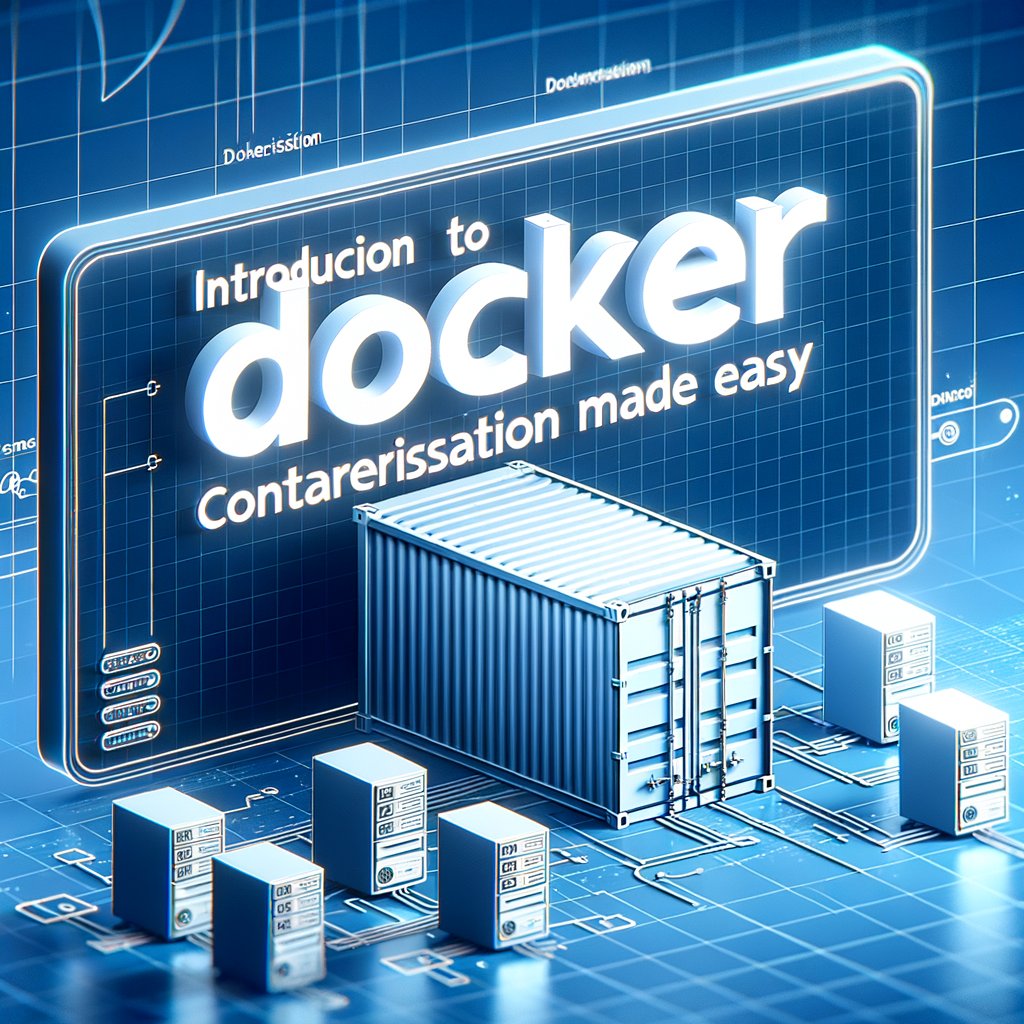Physical Address
304 North Cardinal St.
Dorchester Center, MA 02124
Physical Address
304 North Cardinal St.
Dorchester Center, MA 02124

As the world of software development continues to evolve, developers are constantly on the lookout for tools that can simplify their work and improve efficiency. One such tool that has gained significant popularity in recent years is Docker. In this article, we will delve deep into what Docker is, its benefits, and how it can make containerisation easy for you.
Docker is an open-source platform designed to automate the deployment, scaling, and management of applications. It allows developers to package an application with all its dependencies into a standardised unit known as a container. These containers ensure that the application works seamlessly in any environment.
Before we dive into Docker’s specifics, it’s important to understand the concept of containerisation. In simple terms, containerisation involves packaging an application along with its runtime environment into a single entity or ‘container’. This method ensures that the application runs uniformly across different computing environments.
In traditional virtualisation, each application runs on a separate virtual machine (VM) with its own operating system (OS). However, in containerisation, multiple containers share the host system’s OS kernel while running isolated processes in user space.

Docker uses a client-server architecture. The Docker client communicates with the Docker daemon which builds, runs and manages Docker containers. Both client and daemon can run on the same host or connect over a network.

Docker offers several benefits that make it an attractive choice for developers:
To get started with Docker, you first need to install it on your machine. Docker provides different editions based on your needs, such as Docker Desktop for Mac/Windows and Docker Engine for Linux.
The installation process varies depending on your operating system. For instance, if you’re using Ubuntu, you can install Docker using the following commands:
sudo apt-get update sudo apt-get install docker-ce
To verify the installation, run the command: docker --version.
The traditional ‘Hello World’ example is a great way to test if your installation was successful. In a terminal window, type: docker run hello-world. This command downloads a test image and runs it in a container, printing a ‘Hello from Docker’ message.
Docker has revolutionised software deployment by bringing in the concept of containerisation. It provides a consistent, isolated, and scalable environment for applications to run, irrespective of the underlying host system. As you delve deeper into Docker, you’ll discover even more features that make it an indispensable tool in modern software development.
Whether you’re a seasoned developer or just starting your coding journey, understanding and implementing Docker can significantly enhance your skill set. So why wait? Dive into the world of Docker and experience the power of containerisation!